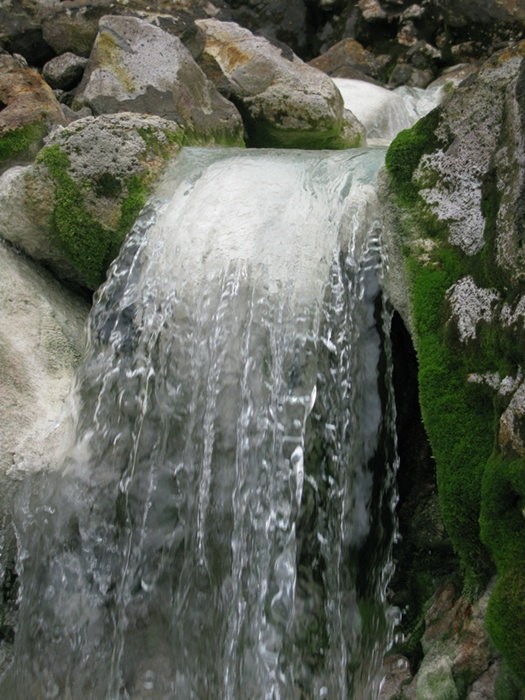
As the world observes World Water Day today (March 22) a United Nations report has stated that exacerbated by the effects of climate change, there is increasing pressure on the world’s freshwater resources.
The rate of groundwater withdrawals has increased by 1% per year since the 1980s. Between 2011 and 2050, global population is expected to increase by 33%, from 7 to 9 billion, while food demand will rise by 70% in the same period.
Furthermore, the 5th assessment report of the Intergovernmental Panel on Climate Change (IPCC) forecasts that for each degree of global warming, approximately 7% of the global population will face an almost 20 % decrease in renewable water resources.
This projected shortage will call for non-conventional sources of water, such as rainwater harvesting, recycled wastewater and urban runoff. Use of these alternative water sources will create new jobs in research and technology development and in the implementation of their results.
Developments in forecasting techniques, in risk assessment and the use of satellite imaging are some other potential areas where better employment opportunities could lie.
Water and Sanitation, “Help Wanted”
Currently, according to the report, almost 1 % of the total workforce in both developed and developing countries currently work in the water sectors –which includes water management, construction and infrastructure maintenance, as well as water supply and sanitation.
In recent decades, the number of people employed in water supply and waste water treatment facilities has consistently decreased. The reasons: a lack of interest from new graduates in jobs in the water sector, lack of resources to hire and retain skilled staff, especially in the public sector, and an ageing workforce. In the United States alone, between 30 % and 50 % of the water utilities workforce will reach retirement age by 2020.
Added to these challenges is the difficulty in attracting skilled workers to live and work in rural areas and the stigma associated with the sanitation sector as a whole. In some regions, such as West Africa, it is particularly difficult to attract workers to what is considered a degrading occupation.
Despite these challenges, the market for jobs in water supply and sanitation is promising and there is significant potential for growth. For example, in Bangladesh, Benin and Cambodia alone, nearly 20 million people living in rural areas should gain access to running water by 2025, which is six times the current number, and represents a potential economic impact worth as much US$90 million. Further, a study in Bangladesh, Indonesia, Peru and Tanzania reveals a potential for sanitation services worth US$700 million annually.
The need for investment into aging and inefficient infrastructure is also a potential driver for employment in the sector. An estimated 30% of global water withdrawals are lost through leakage. In London the rate of loss is 25 % and in Norway 32%. In some countries, irrigation practices are either non-existent or outdated and result in poor agricultural productivity. In Africa for example, agriculture is mainly rain-fed and less than 10% of its cultivated land is currently under irrigation, holding back job creation.

In a planet made up mostly of water. Why has Scientist not found a way of converting sea water into drinking water? Thereby easing the pressure on a global scale.
That’s being done at present in so many countries… ever heard of Distillation, OXYDATION, Filtration etc?
Soon they will just acquire Dominica because we have so much fresh flowing water. wait for it.
You people like to talk crap. You really think the quantity of water on an island small enough to fit several times into the average US state is worth going after for fresh water. There are other countries with much much much larger reserves and extensive water systems. Get out more or at least google smdh
They already have acquired DA. You just don’t know about it. Look at all of the UNESCO signs.